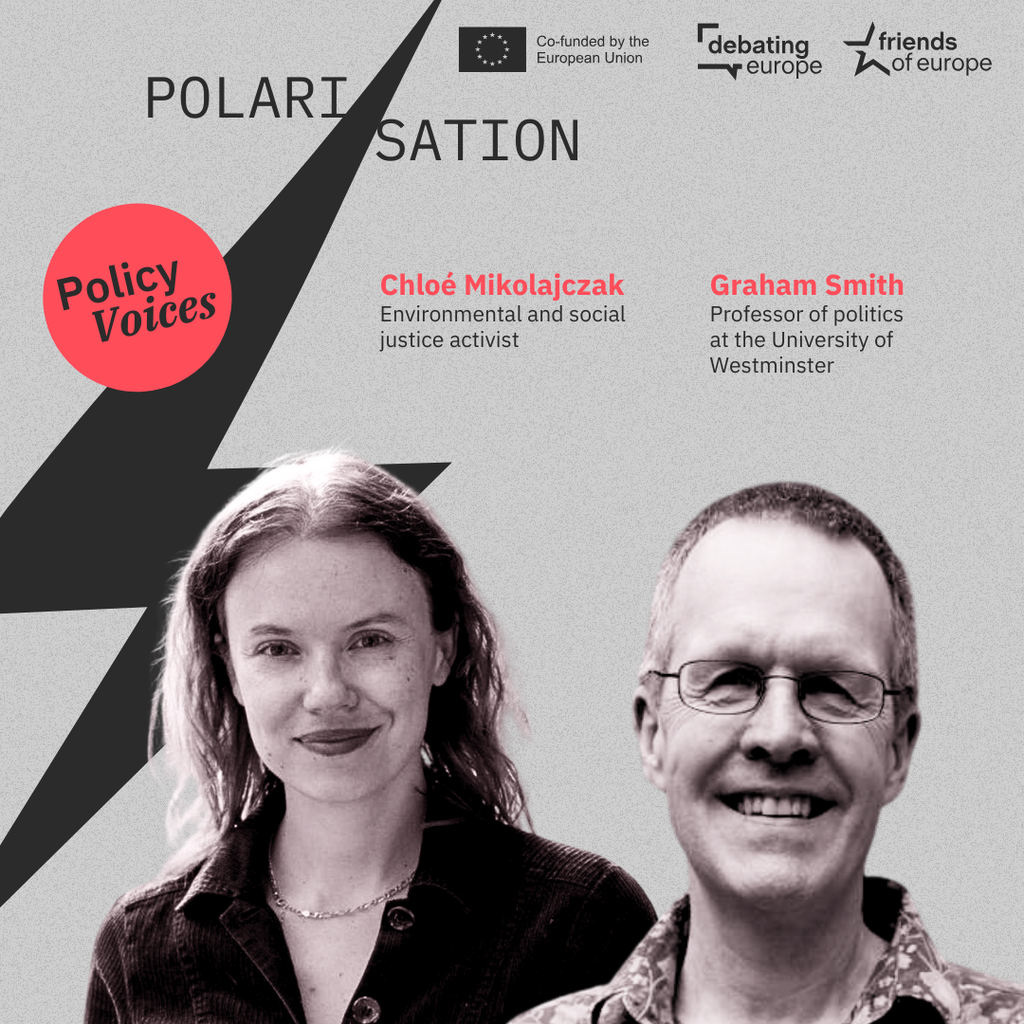Climate and Energy Summit 2025
Next event In person & livestreamed

- Area of Expertise
- Climate, Energy & Natural Resources
Climate, Energy & Natural Resources

Climate change is posing unprecedented challenges in two ways. There is a growing body of knowledge on the consequences of climate change, and there is the imperative need to act on mitigation and adaptation due to related disasters.
The negotiations between parties to the United Nations Framework Convention on Climate Change (UNFCCC) need to find of solutions to a series of issues. These include differentiation, which is closely related to the principle of common but differentiated responsibilities and respective capabilities, the legal nature of the agreement, the political balance between mitigation and adaptation, and ways to finance loss and damage. In any negotiation, groups build alliances to find consensus that would be the basis of an agreement.
The solution to the problem of climate change extends beyond the inter-governmental process
Of course, the solution to the problem of climate change extends beyond the inter-governmental process. It affects the everyday life of people, their livelihoods and economic stability, for developed and developing countries alike. The impact of climate change will deeply affect our ways of life, but so too will the solutions. That’s why many stakeholders have recognised this challenge as an opportunity to tackle climate change outside the formal UNFCCC process.
The alliances between the different stakeholders at all levels, both state and non-state actors, can give inputs that complement the inter-governmental process. These alliances should be at the heart of the development process, with inputs from all stakeholders recognised. We should foster the creation of more spaces for policymakers and environmental experts to exchange their concerns, and hopefully this will lead to new practices and paradigm shifts.
Climate change is a two-sided problem that has to be addressed from both ends. For many years, the identification of mitigation measures has shown progress and countries around the world are working on them to a varying extent. On the adaptation side, the need for peoples, ecosystems and economies to respond to the adverse effects of climate change means we must improve our resilience at all levels.
There is a causal relationship between mitigation and adaptation; the more we mitigate, the less adaptation will be required. There is, of course, a gap in terms of the timing as the causality is not immediate, the alliances between mitigation and adaptation experts can be win-win ones.
We can expect to see more alliances, and Peru’s contribution to the engagement with state and non-state actors is being made through the Lima-Paris Action Agenda (LPAA). Launched by the governments of Peru and France representing COP20 and COP21 presidencies, the LPAA aims to stimulate new initiatives, showcase existing partnerships and engage with the public sector to scale up finance for climate mitigation and adaptation.
Next event In person & livestreamed

Past event In person & livestreamed

Past event In person & livestreamed

Past event In person & Livestreamed





Stay informed
We use cookies and similar technologies to adjust your preferences, analyze traffic and measure the effectiveness of our campaigns. Learn more about our privacy policy.